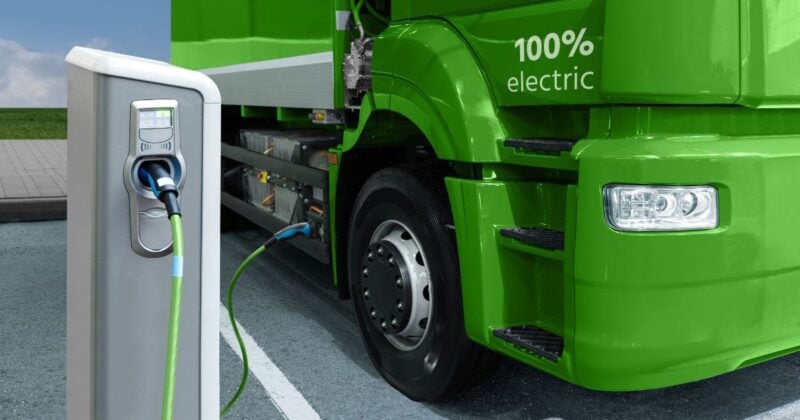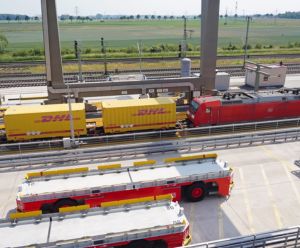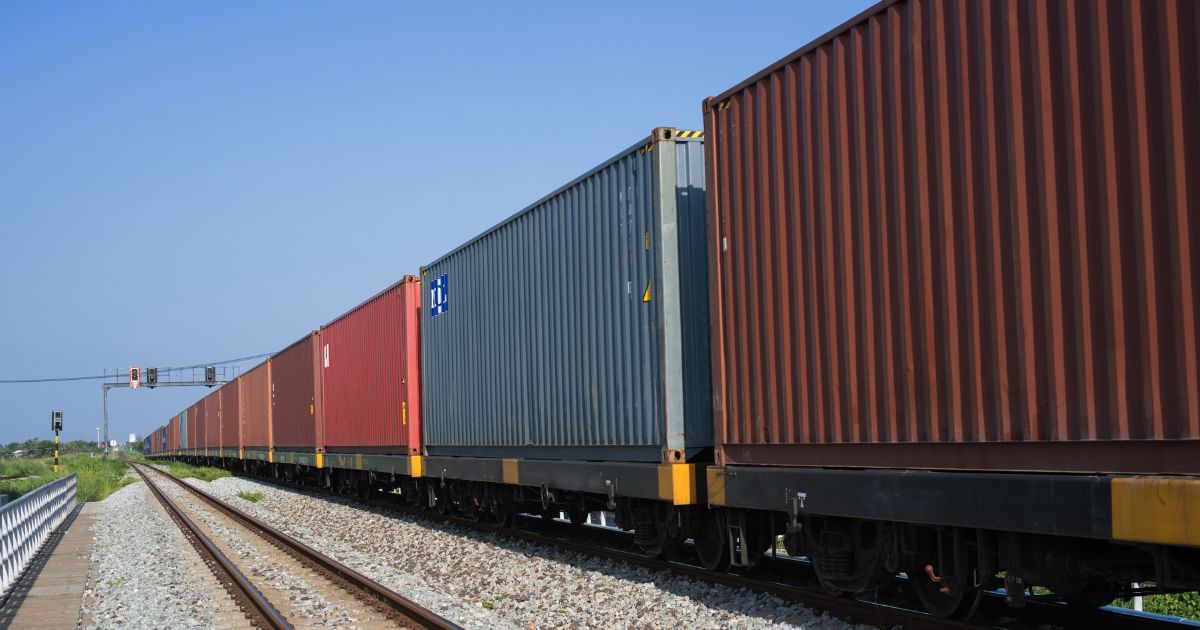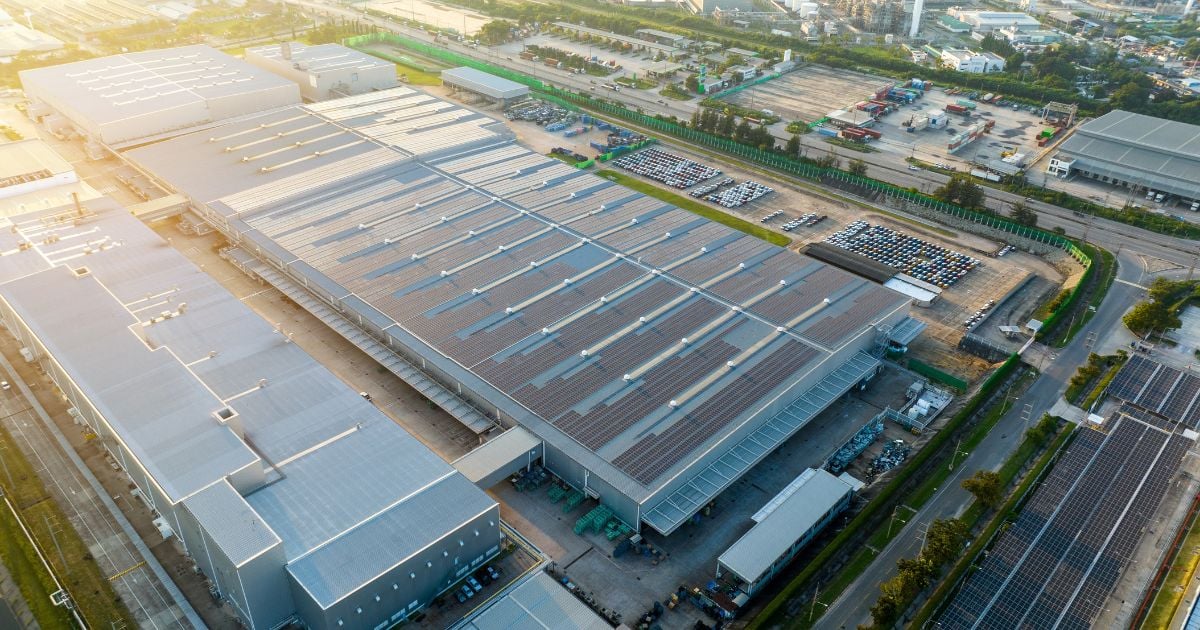
Transportation is key to sustainable harvesting in agro-industrial supply chain

As the global demand for food continues to rise, the impact of logistics on environmental sustainability has come under increasing scrutiny. This shift necessitates a re-evaluation of traditional transportation methods to cultivate earth-positive, sustainable change within the agro-industrial supply chain.
From Field to Fork: The Environmental Toll of Agro-Industrial Logistics
The agro-industrial supply chain encompasses everything from the farm to the consumer's table, and transportation plays a pivotal role in this process. Fresh produce, seafood, and livestock are transported from rural areas to urban markets and grocery stores in some countries. This often involves long distances and requires reliable logistics to maintain product quality and freshness.
Traditionally, this sector has relied heavily on fossil fuel-powered vehicles, such as diesel-powered trucks and vans, which leads to significant greenhouse gas emissions. The World Bank estimates that the transport sector accounts for approximately 24 percent of global CO2 emissions, with a substantial portion stemming from the agricultural and food supply chain.
In 2022, the transport sector accounted for 12.3 percent of CO2 emissions, and the third highest amongst various sectors, in Asia Pacific.
As awareness of climate change takes root, the agro-industrial sector increasingly recognizes the importance of sustainable transport solutions. Implementing more sustainable logistics practices can significantly reduce emissions and enhance overall supply chain efficiency.
Greener Wheels in Motion: Sustainable Solutions
To embark on this journey toward sustainability, the agro-industrial sector must explore innovative solutions that drive change. With advancements in technology, greener wheels have already been set in motion and are in the works to reshape the future:
Alternative Fuels and Electrification
The transition from diesel to alternative fuels, such as biodiesel or electricity, is a critical step in reducing the carbon footprint of agro-industrial transport. Electric vehicles (EVs) are gaining traction in last-mile delivery, helping to minimize emissions in urban environments. The integration of charging infrastructure is essential for supporting this transition and ensuring EVs can operate effectively within the supply chain.
Smart Routing: Nature’s Navigation
Advances in logistics technology, such as route-optimization software and telematics, enable companies to enhance transport efficiency. By analyzing data and identifying the most efficient routes, businesses can reduce fuel consumption and improve delivery times, reducing emissions and enhancing customer satisfaction through timely deliveries.
Bridging the Gap: Intermodal Transport Solutions
Utilizing multiple modes of transportation, such as combining rail and road, can significantly reduce the carbon footprint of the agro-industrial supply chain.
According to the Australasian Railway Association (ARA), moving freight on rail produces 16 times less carbon pollution. Rail transport is typically more fuel-efficient for long distances, while road transport excels in last-mile delivery.
By strategically integrating these modes, businesses can achieve a more sustainable and cost-effective logistics model.
Sowing seeds of collaboration: Transparency and partnership
Sustainable transport in the agro-industrial sector requires collaboration among various stakeholders, including producers, distributors, and logistics providers. Fostering transparent communication and sharing best practices enables organizations to work together, and create a more efficient and sustainable supply chain.
Agri-PV Partners, for instance, signed an agreement with DHL Supply Chain Japan to achieve carbon-neutral operations for its warehouse. The agreement aims to integrate agricultural practices with logistics, utilizing solutions such as solar energy systems and energy-efficient warehouse designs.
By implementing photovoltaic (PV) panels on warehouse rooftops, the collaboration reduces reliance on fossil fuels while supporting the production of renewable energy, directly benefiting agro-industrial operations.
Seeding the future
The transition to sustainable transport within the agro-industrial supply chain is a vital component of a broader commitment to environmental stewardship. As consumers increasingly demand sustainable practices, businesses that pay attention to their carbon footprint by embracing sustainable logistics will not only enhance their reputation but also position themselves for long-term success.
While the journey toward sustainable transport may present challenges, it also offers significant opportunities for growth. Companies that invest in sustainable practices can improve operational efficiency, reduce costs, and enhance their competitive advantage in the market.
Cultivating change in the agro-industrial supply chain will require a concerted effort to adopt sustainable transport solutions. By leveraging technology, fostering collaboration, and embracing alternative fuels, the industry can significantly reduce its environmental impact while meeting the demands of an evolving market.
Through thoughtful leadership and a commitment to sustainability, businesses can navigate the complexities of the agro-industrial supply chain and contribute to a greener, more resilient world.
ALSO WORTH READING















 English
English